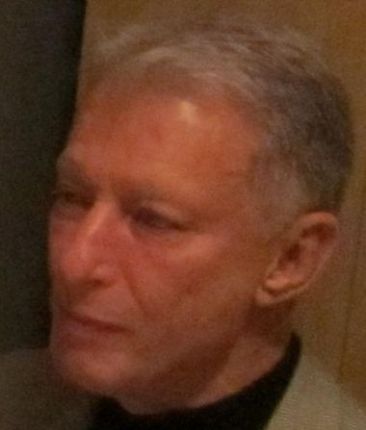|
ALWAYS BE OPEN TO BEING RELATED TO EVERYONE YOU HAVE BEEN RELATED TO.
Can you imagine what that does for a life? Indeed, can you imagine what that does for Life itself? I'm related to everyone I'm related to now. I will be related to everyone I'll be related to tomorrow. I get what an enormous space could open up if in addition to that, I'm related to everyone I have been related to. That would mean being in relationship with all people all the time like a possibility with no one left out. Not the people I don't like whom I leave out. Not the people who've hurt me whom I leave out. In this paradigm I leave no one out like a possibility.
I don't have to ask him what this implies. I get it. It's immediately obvious. What it would require is for me to take a new stand, and it would require the people I've left out to do absolutely nothing at all.
I don't hear it like it's a good idea. I don't hear it like it's what nice guys like me should do. I don't hear it like it's the right thing to do. None of those account for the attraction in what he's saying. Rather I hear it like it's what I hold at bay, like it's what I put off, like it's what I resist. And in the face of what he's speaking, I realize it's the idea of letting go all I'm resisting, whatever that may be, which is so appealing.
I ask him what it takes to give all of it up, this barrier in the way of being related to everyone I've been related to. Apropos people I don't like and people who've hurt me ie those from who I've disengaged and am no longer related to, he talks about the wisdom of forgetting the past. Reinstating the clean slate. Bringing back the tabula rasa.
Then he tells me something about himself which stops me in my tracks. For one of the very few times I can recall (it doesn't happen to me often) I can say nothing. I'm speechless. But I mean speechless like "Wow! I got it.". In speaking about bringing back the clean slate he tells me he has no memory. "When I look in the mirror" he tells me, "and I notice I'm brushing my teeth on the right side, I can't remember if I've already brushed my teeth on the left side, or not.".
